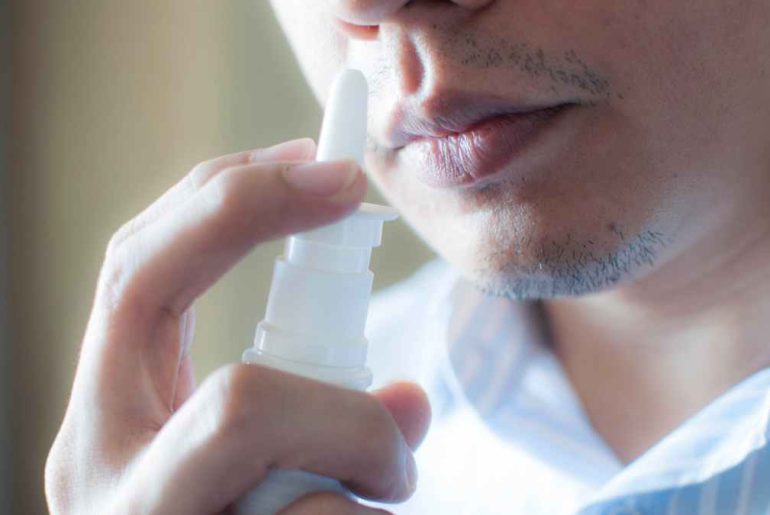Nasal polyps are painless and noncancerous growths that occur in the lining of your nose and sinuses. These polyps are usually due to chronic inflammation in your sinuses and nasal passages, often due to allergies, asthma, chronic sinus infections, or certain immune disorders. Although nasal polyps Los Angeles are often a sign, not a severe medical condition, they can result in severe discomfort if left untreated. The following are the available treatments:
Inhaled Nasal Steroids
Inhaled nasal steroids reduce inflammation in your nasal passages, which can help shrink and prevent polyps’ growth. These medications are available in various forms, including sprays, powders, and inhalers, and you need to use them daily for several weeks or months to achieve optimal results. Inhaled nasal steroids for nasal polyps are generally well-tolerated and have few side effects. They are also easy to use and can be used at home without frequent doctor visits.
Oral Corticosteroids
Oral corticosteroids are a class of medication that can help to alleviate symptoms such as congestion, runny nose, and sinus pressure. Your doctor will prescribe oral corticosteroids for short-term use, typically for two to three weeks. During this time, you will take the medication in pill form, and your provider will gradually taper off the dosage as your symptoms improve. While oral corticosteroids can effectively treat nasal polyps, they are not without risks. Side effects can include weight gain, mood changes, increased blood sugar levels, and weakened bones. Additionally, long-term use of oral corticosteroids can increase your risk of developing conditions such as diabetes, high blood pressure, and cataracts.
Antifungal Medications
Medical experts started prescribing antifungal medications after discovering a fungal connection to the development of polyps. Studies have shown that individuals with chronic sinusitis and nasal polyps have a higher incidence of fungal colonization in their sinus cavities. This fungal colonization can trigger an inflammatory response leading to the development of nasal polyps. Antifungal medications such as fluconazole, itraconazole, and amphotericin B can treat fungal infections and reduce the size and recurrence of nasal polyps. Antifungal medications for nasal polyps are still under research, and their efficacy as a stand-alone treatment still needs to be fully established. However, your doctor may recommend these medications as an adjunct treatment alongside other therapies such as steroids and surgery. Antifungal medications may be more effective if you have a positive fungal culture in your sinus cavities.
Allergy Shots
Allergy shots aim at reducing your body’s sensitivity to allergens that trigger allergic reactions. The treatment involves injecting small amounts of allergens into your body over a while, allowing your immune system to develop a tolerance to them. Your provider will typically administer allergy shots once or twice a week for several months, followed by maintenance doses every few weeks or months for up to five years. The treatment effectively reduces symptoms and the size of nasal polyps and may even prevent new ones from forming. However, it may only be suitable for some, and it can take several months to see significant improvement.
Call Mani H. Zadeh or book an appointment online for more information about nasal polyps.

